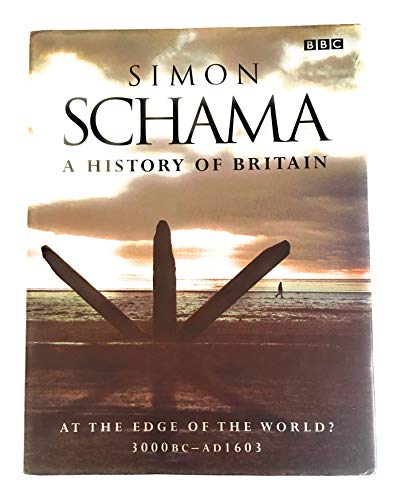Synopsis
'History clings tight but it also kicks loose,' writes Simon Schama at the outset of At the Edge of the World?, the first book in his three-volume journey into Britain's past. And change - sometimes gentle and subtle, sometimes shocking and violent - is the dynamic of Schama's unapologetically personal and grippingly written history. At its heart lie questions of compelling importance for Britain's future as well as its past: what makes or breaks a nation? To whom do we give our allegiance and why? And where do the boundaries of our community lie - in our hearth and home, our village or city, tribe or faith? What is Britain - one country or many? Has British history unfolded 'at the edge of the world' or right at the heart of it? Schama delivers these themes in a form that is at once traditional and excitingly fresh. The great and the wicked are here - Becket and Thomas Cromwell, Robert the Bruce and Anne Boleyn - but so are countless more ordinary lives, depicted in Schama's brilliant portrait of the life of the British people.
About the Author
Simon Schama is University Professor of Art History and History at Columbia University. His award-winning books, translated into fifteen languages, include Citizens, Landscape and Memory, Rembrandt's Eyes, A History of Britain, The Power of Art, Rough Crossings, The American Future, The Face of Britain and The Story of the Jews: Finding the Words (1000 BCE - 1492). His art columns for the New Yorker won the National Magazine Award for criticism and his journalism has appeared regularly in the Guardian and the Financial Times where he is Contributing Editor. He has written and presented more than fifty films for the BBC on subjects as diverse as Tolstoy, American politics, and The Story of the Jews and is co-presenter of a new landmark series on the history of world art, Civilisations.
"About this title" may belong to another edition of this title.
